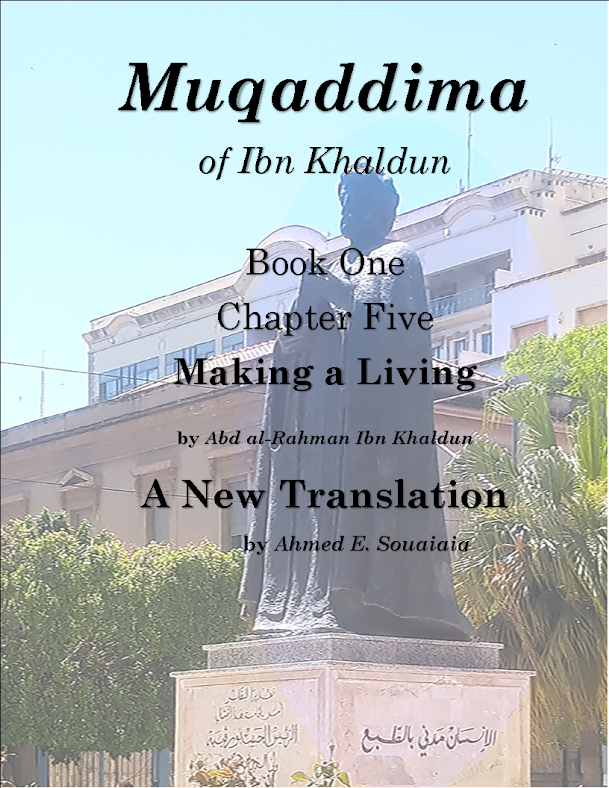
OIC Condemns Israel's West Bank Annexation Plans in Emergency Session
The declaration emerged from an emergency meeting of OIC foreign ministers held at the organization's headquarters in Jeddah, Saudi Arabia. Diplomats from across the Muslim world gathered to formulate a unified response to what they described as escalating Israeli violations in Palestinian territories.
In their final statement, member states declared the Israeli measures "null and void" and called upon the international community, particularly the United Nations General Assembly and Security Council, to uphold their responsibilities in preserving regional stability. The statement emphasized that unilateral actions altering the status of occupied territories undermine the foundations of peace and the rights of the Palestinian people.
The ministers also addressed recent remarks by the U.S. Ambassador to Israel, describing them as provocative and without legal or historical foundation. The OIC reaffirmed that such statements cannot alter the legal status of the Occupied Palestinian Territory nor diminish the fundamental rights of Palestinians or the sovereignty and territorial integrity of states in the region.
Alongside the condemnation of annexation efforts, the OIC called for full implementation of the current ceasefire framework in Gaza, a complete Israeli withdrawal, and unhindered delivery of humanitarian aid. The statement referenced ongoing international efforts to secure a comprehensive and permanent end to hostilities, noting the urgent need to address the humanitarian catastrophe that has unfolded over more than two years of conflict.
Saudi Arabia, host of the emergency session, reinforced its position through Deputy Foreign Minister Waleed al-Khereiji, who reiterated the Kingdom's rejection of Israeli initiatives in the West Bank. He warned that measures aimed at establishing sovereignty over Palestinian land sabotage prospects for peace and destabilize the broader region.
Israel's Security Cabinet recently adopted a series of decisions altering the administrative and legal landscape in the West Bank. These include removing barriers to land purchases by settlers, expanding state authority to seize areas previously under Palestinian administration, and restructuring local governance in Hebron to establish an Israel-affiliated parallel municipality. Additionally, the Israeli government approved a unilateral land registration process in the occupied territory—a move widely viewed as formalizing the confiscation of Palestinian property under international law.
Under longstanding international legal frameworks, the West Bank, occupied since 1967, is recognized as territory intended for a future Palestinian state. Israel's status as an occupying power prohibits the transfer of its civilian population into occupied areas and forbids alterations to property ownership structures. The OIC statement underscored that recent Israeli policies contravene these core principles.
The emergency gathering concluded with a call for coordinated diplomatic action to halt further escalation and to reinvigorate efforts toward a just and lasting resolution based on international law and mutually agreed parameters. As tensions remain high, the international community faces mounting pressure to translate condemnation into concrete measures that uphold the rule of law and protect the rights of all civilians in the region.


































































